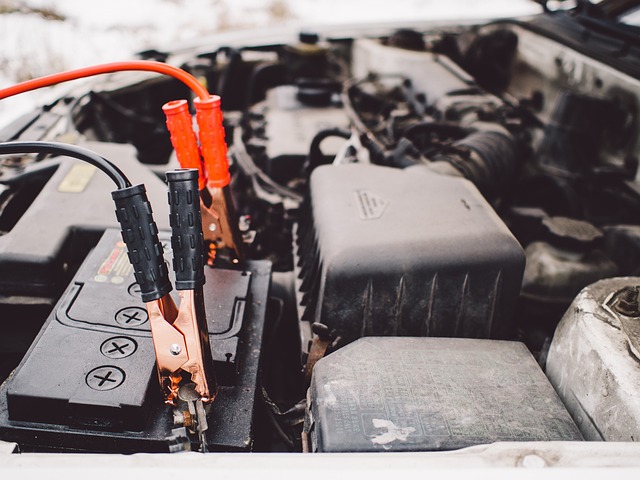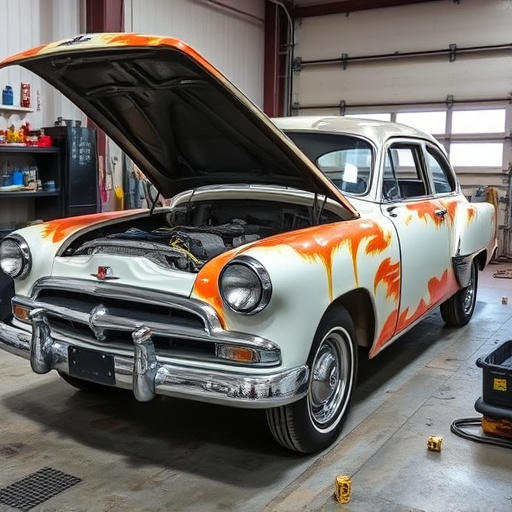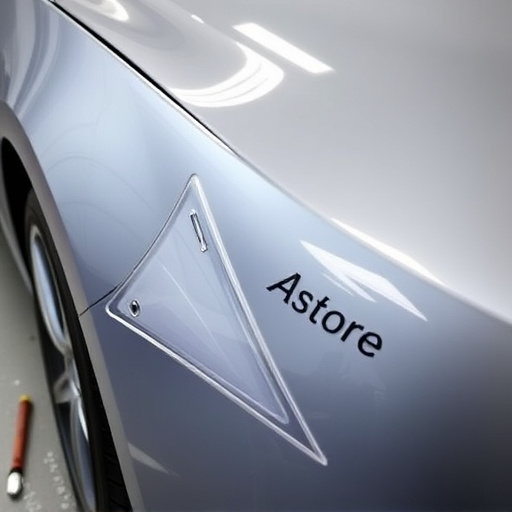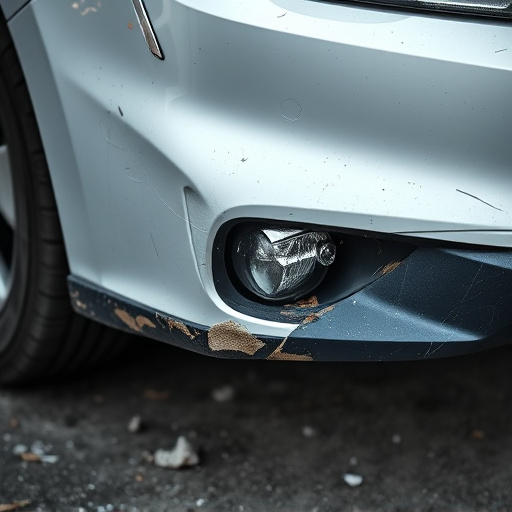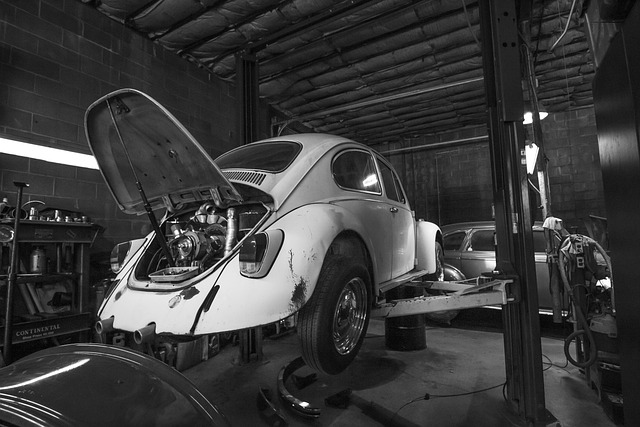Auto collision centers prioritize safety through stringent standards covering equipment usage, waste management, and employee training, ensuring secure environments for personnel and vehicles. Compliance with regulations from NIOSH and EPA on hazardous material disposal, containment systems, and advanced repair equipment enhances service quality, reduces accidents, and prevents costly repairs. Regular staff training and facility audits promote continuous improvement, fostering a culture of safety that boosts customer satisfaction and the center's reputation as reliable providers in the auto collision industry.
Auto collision centers play a vital role in vehicle repair and safety. Understanding and adhering to stringent safety standards is crucial for ensuring effective accident reconstruction, minimizing risks, and facilitating efficient operations. This article delves into the essential safety standards and compliance requirements within auto collision centers, highlighting their significance for both workers and vehicles. By exploring these protocols, we aim to emphasize continuous improvement in safety measures across the industry.
- Understanding Auto Collision Center Safety Standards
- Key Compliance Requirements and Their Significance
- Ensuring Continuous Improvement in Safety Measures
Understanding Auto Collision Center Safety Standards
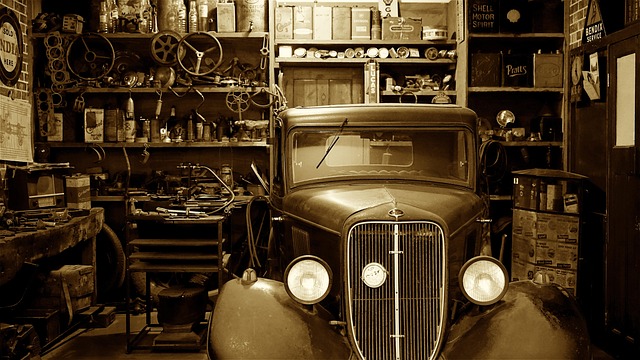
Auto Collision Center Safety Standards are a critical aspect of ensuring quality and reliable repairs in the automotive industry. These standards govern various aspects, from equipment usage to waste management, to guarantee a secure environment for both employees and vehicles. Understanding these standards is crucial for any auto collision center aiming to provide top-notch body shop services.
Compliance involves adhering to regulations related to employee safety training, proper disposal of hazardous materials, and the implementation of effective containment systems for leaks or spills. Moreover, it encompasses the use of state-of-the-art equipment for tasks like auto glass repair and car body restoration, ensuring precision and efficiency while maintaining a safe workspace. These standards not only protect the well-being of individuals but also contribute to the overall quality and integrity of the repairs carried out at such centers.
Key Compliance Requirements and Their Significance
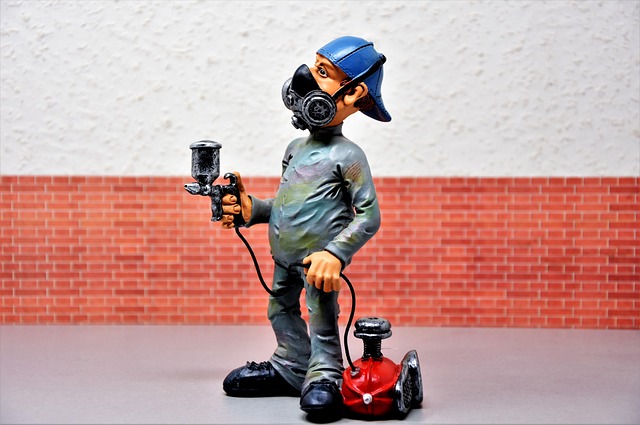
In the realm of auto collision centers, adhering to safety standards is paramount for ensuring both employee well-being and the quality of car repair services offered. Key compliance requirements, such as those enforced by regulatory bodies like the National Institute for Occupational Safety and Health (NIOSH) and the Environmental Protection Agency (EPA), play a crucial role in maintaining a secure working environment. These mandates cover various aspects, including proper handling and disposal of hazardous materials commonly found in vehicle repair, implementation of effective ventilation systems to mitigate fumes and dust, and mandatory safety training for all staff involved in bumper repair and other vehicle repair processes.
The significance of these compliance requirements lies not only in legal obligation but also in enhancing the overall efficiency and effectiveness of auto collision centers. By adhering to guidelines, centers can minimize workplace accidents related to exposure to harmful substances, prevent costly repairs due to inadequate repair techniques, and foster a culture of safety that translates into higher-quality car repair services. This, in turn, boosts customer satisfaction and strengthens the reputation of the collision center as a reliable provider of top-tier bumper repair and other vehicle repair solutions.
Ensuring Continuous Improvement in Safety Measures
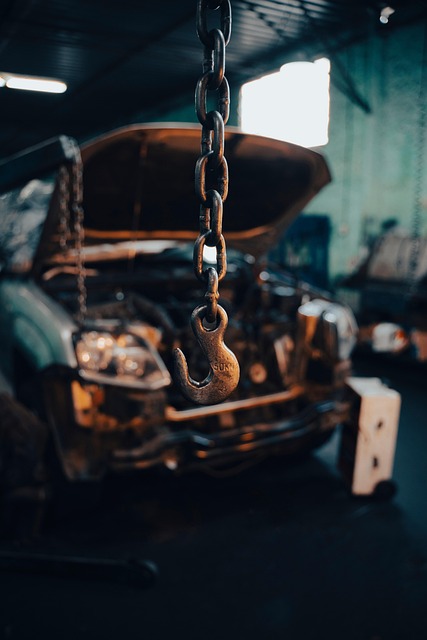
At an auto collision center, safety measures aren’t static; they evolve with technological advancements and industry best practices. Continuous improvement is a cornerstone of modern auto body services, ensuring that every repair and restoration meets the highest standards. Regular training sessions for staff on new techniques and equipment help keep up with the latest in vehicle body repair, allowing them to offer precise and secure solutions.
This commitment extends beyond individual technicians to encompass the entire facility. Regular audits and assessments are conducted to identify areas for enhancement, ensuring compliance with safety regulations. By fostering a culture of learning and adaptability, these centers not only maintain their integrity but also set an example for the industry, promoting safer practices across the board, particularly in car restoration processes.
Auto collision centers play a critical role in ensuring road safety, and adhering to stringent safety standards is paramount. By understanding and implementing key compliance requirements, these facilities can foster a culture of continuous improvement, enhancing their operations and ultimately contributing to the well-being of drivers and passengers alike. This commitment to safety not only meets legal obligations but also instills public trust in the services provided by auto collision centers.
